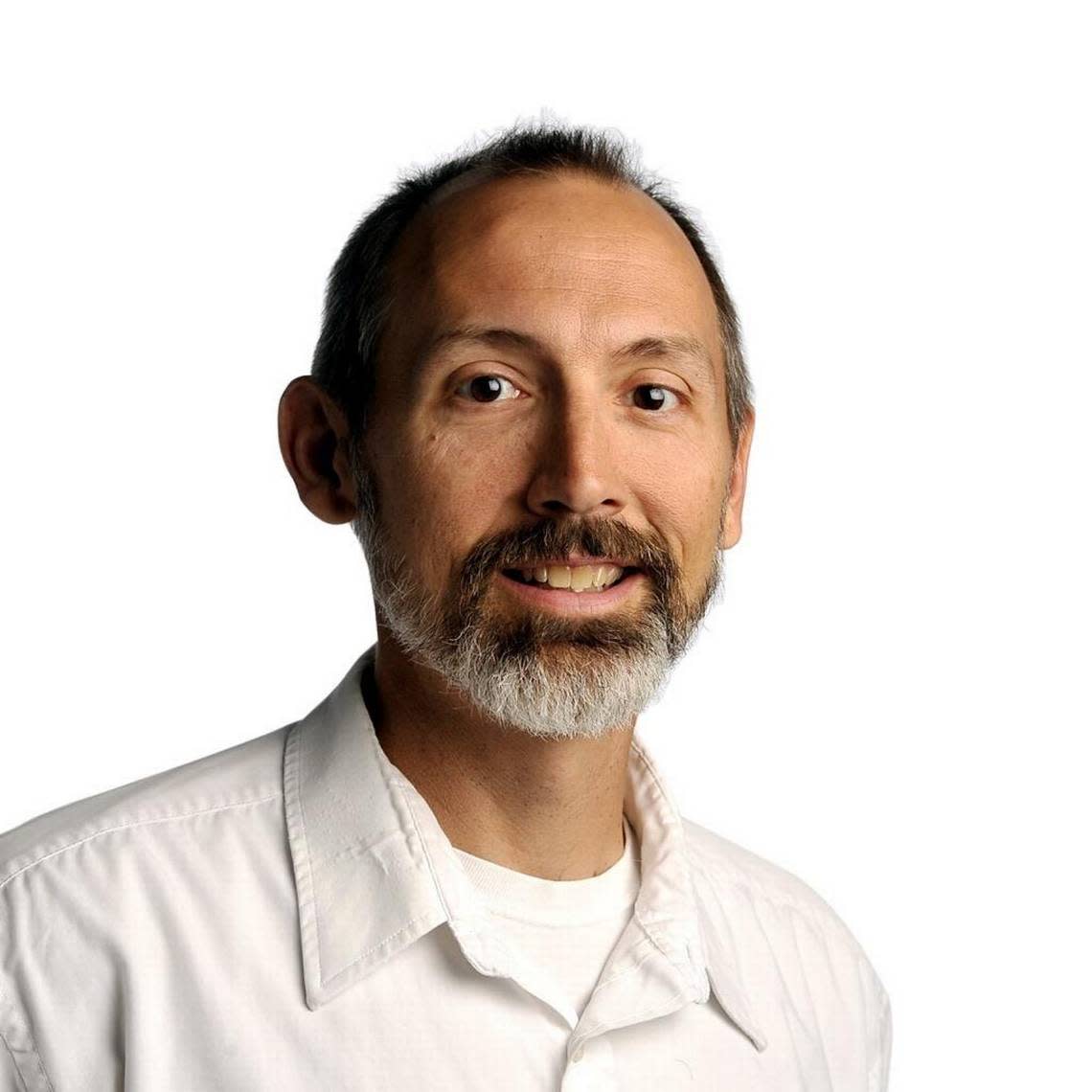Do Americans suffer from too much freedom? Consider endless shopping, job changes, moving
Can there be too much freedom? It sounds paradoxical. But having too many options can impair your ability to live well.
Consumer culture provides an endless array of choices. But the more we shop, the harder it is to decide. Workers bounce around seeking dream jobs. And on our newsfeeds and video streams, we surf without watching and skim headlines without reading the stories.
Over a decade ago, the psychologist Barry Schwartz wrote a book called “The Paradox of Choice.” Schwartz points out that when there are too many choices, these choices can debilitate us. Schwartz concludes that some choice is good, but more choice is not better.
Philosophers have long warned of excessive freedom. The ancient Greeks insisted that it was not the quantity of our choices that matters, but their quality. Ethical life involves one real option, which is to choose what is good. Once we discover the good, we should remain constant in our devotion to it.
Consider friendship. Aristotle suggested that good friends remain loyal to one another. But inconstant people lack the kind of faithful reliability that makes friendship possible. Aristotle would have rolled his eyes at the superficial “friending” that happens on social media. It is better to have a few steadfast friends than an endless feed of online acquaintances.
Plato went so far as to suggest that too much freedom resulted in moral collapse. He was wrong, of course, when he suggested in response that we need to be ruled by philosopher-kings. But he was right in warning against unbridled liberty.
American consumerism has upped the ante on choice. One hundred fifty years ago, Ralph Waldo Emerson noted that consumption, industrialization, and growing wealth had left Americans “a puny and fickle folk.” We bounce about, motivated by avarice and the urge to follow the latest trend. We find ourselves eternally unsatisfied.
There is a new report about Americans who quit their jobs during the recent “great resignation.” Many are now regretting that decision to quit. Forty-two percent of those who took a new job say it has not lived up to their expectations.
We are restless, greedy, and envious. The grass is always greener somewhere else. Social media feeds the “fear of missing out.”
Could this help explain the growing decline of marriage among younger people? It is difficult to settle down, when there are so many choices, dating apps, and pornography. The conservative Institute for Family Studies recently published a study claiming that religious people who marry early tend to stay married. Religion does tend to support monogamy. But it might also be that too much shopping around makes it difficult to decide and to remain committed.
So how might we solve the problem of too much choice?
Netflix has introduced the “play something” function. Basically, the computer picks a show for you, like back in the old days when there were only a couple of channels. This mechanized solution is tempting. But let’s be careful about ceding our liberty to the computers. This could be a recipe for an authoritarian dystopia.
A better solution is to cultivate simplicity and constancy. It is foolish to endlessly shop around for consumer goods, jobs, entertainment, lovers, and friends. It is wise to live in a way that involves fewer choices and deeper loyalties.
Some people respond this way instinctively in the face of proliferating choices. They pick familiar flavors, old movies and re-runs. There is a risk here as well — of becoming closed-minded and rigid in your tastes and opinions.
Adventure and open-mindedness are important. It is also necessary to learn from your mistakes and take responsibility for fixing them. But a happy and moral life involves habits, rituals and steadfastness.
The trick is knowing when to hold on and when to let go, when to shop around and when to settle down. Consumer culture emphasizes change over stability. We are encouraged to explore, experiment and move. But ancient wisdom reminds us that change without direction is meaningless. And exploration can produce despair unless we have a home to return to.
Freedom and choice are not goods to be enjoyed in isolation. They work best when combined with a sense of responsibility, the virtue of constancy and the wisdom of simplicity.
Andrew Fiala is a professor of philosophy and director of The Ethics Center at Fresno State. Contact him: fiala.andrew@gmail.com.

